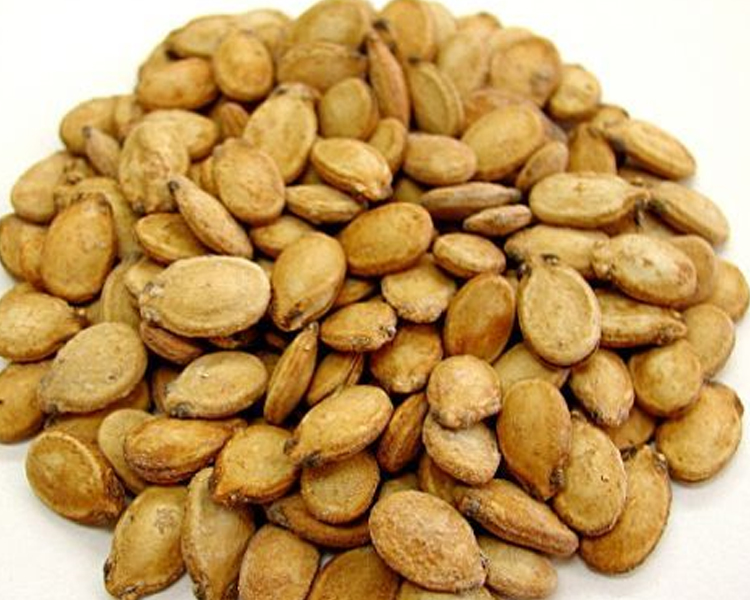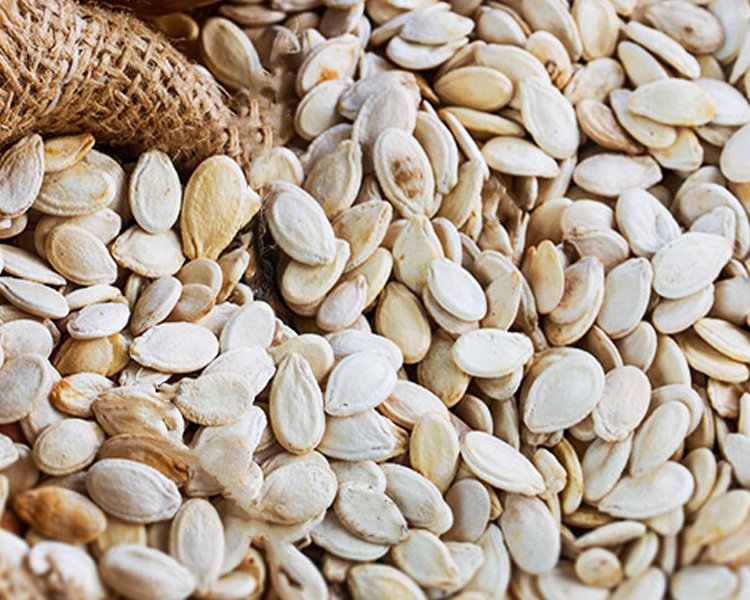Watermelon
Watermelon seeds are considered one of the important export commodities, and Sudan is one of the major producers and exporters of watermelon seeds. The Al-Obayid market is also one of the largest watermelon markets. Watermelon seeds are usually black, brown, or white with a white kernel.
Watermelon Seeds is cultivated in vast areas in the western states of Sudan, especially in the northern and western regions of Kordofan, which are among the largest areas in terms of cultivation and production. These regions account for about 79% of the total cultivated area and approximately 81% of the total production.
Types of Watermelon Seeds:
- Sadir Grade.
- Farash Grade.
- Kashair Grade.
- Jumbo Grade.
General Specifications of Watermelon Seeds Produced in Sudan:
- Purity: 99%.
- Color: White, off-white, yellow, or black.
- Moisture: 5.9% - 9%.
- Size: 8mm - 12mm.
- Protein content: 37.4%.
- Oil content: 50-51%.
More information.
- Watermelon seeds contain important amino acids essential for various biological processes in the body, such as arginine, lysine, tryptophan, and others. Tryptophan, for example, plays a role in increasing serotonin hormone levels in the body, which affects mood. Lysine is crucial for calcium absorption and collagen formation in the skin, which helps maintain youthful skin.
- Watermelon seeds are very rich in magnesium. 100 grams of watermelon seeds contain about 139% of the daily magnesium requirement for humans, which is essential for heart functions. They are also rich in elements such as phosphorus, zinc, manganese, iron, and copper, according to the U.S. Department of Agriculture. Watermelon seeds are cholesterol-free. Additionally, they contain vitamin B complex compounds, which are essential for the nervous system, digestive system, and skin health. They are also high in calories and fats, with approximately 600 calories per 100 grams, mainly coming from fats, proteins, and carbohydrates.
- Watermelon seeds have nutritional value in terms of oils, vitamins, and calcium, and a certain percentage of oils can be extracted from them.
- Watermelon seed kernels are used as food and snacks.
- They have a high oil content (26%).
- They contain a considerable amount of oleic acid with significant medical properties.


